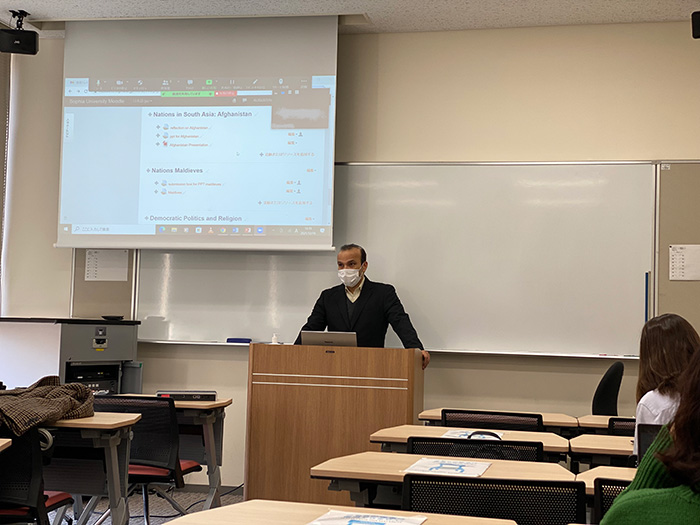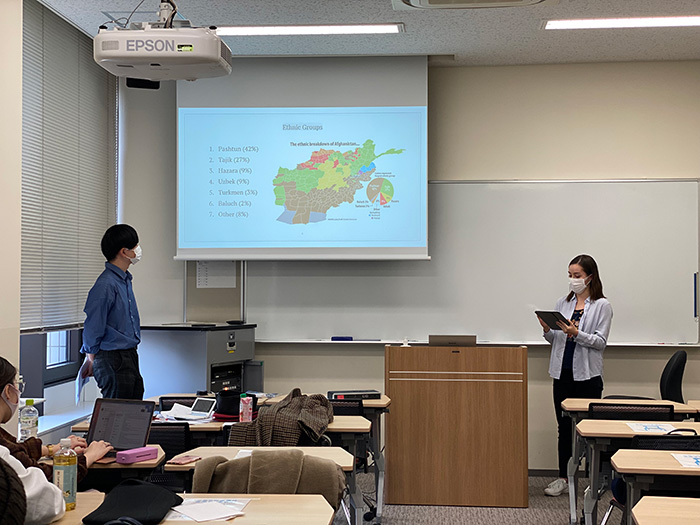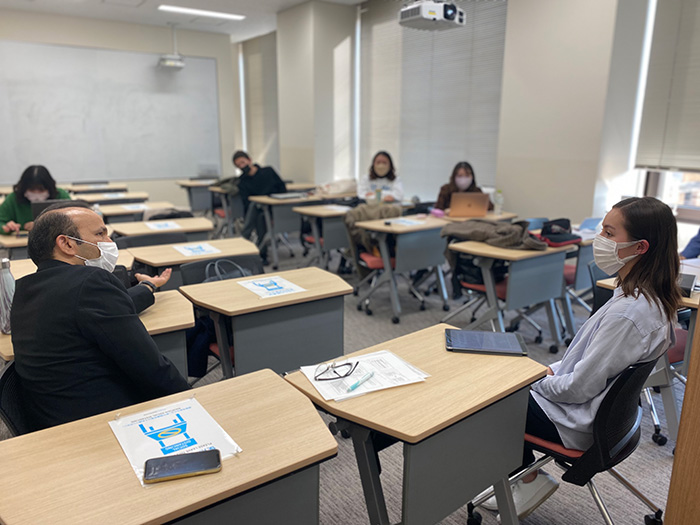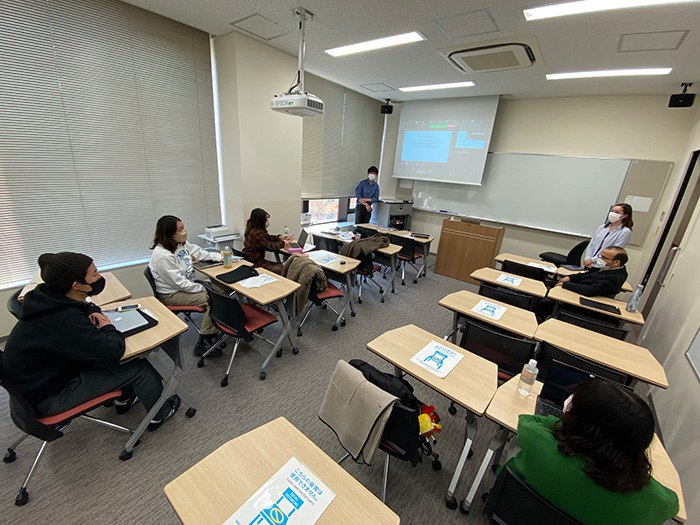Class Introduction:SOCIETY AND POLITICS IN SOUTH ASIA
Comment from Professor:
Depth is a concept that I have cherised for many years now since Fr. Adolfo Nicolas invited us to be persons of depth and universality. In this seminar, we try to go deeper into issues to understand socio-political dimensions in South Asia both in depth and through a universal perspective. Students are invited to take up issues and discuss with their classmates and the instructor in depth as much as possible. The class style may depend on the participants passion and understanding, but overall, I challenge my students to be critical, deeper, and universal in their perspectives. Society and Politics of South Asia is an important subject that requires deeper study and better understanding. Partly because this is a subcontinent with a population that accounts for one fifth of the world’s population, characterized by complex diversity of religions, languages and ethnicity, and has increasingly begun to play a major role in global politics and economy. It is therefore important for the student to be more aware of the importance of this subcontinent, and be knowledgeable enough to be engaged in socio-political development of the region. Such an approach will help the students to become efficient leaders from Japan who are able to contribute in different ways to global efforts to make a better world.

Class Interview
This class focuses on the politics and society of South Asian countries. It is structured mainly through discussions, presentations, reading of subject literature, and writing reports. It is also one of the few courses offered in the Faculty of Global Studies to study South Asia in English.
Personally, I was interested in studying security in the Asia-Pacific region. I as well wanted to gain knowledge about India's domestic politics and society as it has been increasing its presence in the region in recent years. Similarly, I also was interested in the new trends of China's expansion into the region of South Asia. As the presence of China has been accelerating, I have been wondering how the region has responded to the expansion of China, both economically and through flexing its military power.

One of the best appealing points of this class is that students can express their opinion and discuss with other students in English. Since the class is structured to have small number of participants, there are several ample opportunities for the learners to express their opinion and raise questions. In addition, through a key approach where students research and present specific South Asian countries by themself, students are empowered to gain a stepping stone to acquire a more independent role in learning attitude, unlike the ordinary university lectures.
Although national foreign policy is likely to attract attention only for its specific actions, it is in the actual sense a reflection of domestic politics and society. When, for example, investigating India’s Asia-Pacific policy, I believe that it is possible to further deepen the understanding of India’s foreign policy by examining India’s domestic political and social conditions at the same time.
(Kensuke Murakami, 4th grade, Faculty of Global Studies)
In this class, we have been learning about the socio-political contexts of different countries in South Asia. At the beginning of the semester, Prof. Sali gave an overview of the region of South Asia. He also introduced the socio-cultural plurality of India and covered topics related to identity, conflict, and multiculturalism. From November, the class times have been used for student presentations. In these presentations, students present about an assigned country by giving an overview of the country and introducing a specific issue in that country. After the presentations, we have group discussions in which we ask questions and share our reflections with others in class.
I am a second-year student enrolled in the Department of Global Studies in Sophia Program for Sustainable Futures. In the Autumn semester of my first year, I took a course with Prof. Sali titled “Introduction to Area Studies.” Through this course, I became interested in South Asian area studies and wanted to learn more about this culturally rich and diverse part of the world. I decided to take “Society and Politics in South Asia” this semester because I hoped to acquire a more multi-dimensional perspective of South Asia and deepen my understanding of contemporary socio-political issues in the region. I also hoped to learn about the historical context behind some of the issues and challenges facing South Asia today.

One of the things that I find most attractive about this class is that it is interactive. Students are encouraged to ask questions and contribute their ideas in the form of weekly reaction papers, in-class discussions, and presentations. This gives us the opportunity to better internalize the information that we are learning and to expand our perspectives through exchanges we have with Prof. Sali and other students. I also find the interdisciplinary approach of this class attractive. That is, Prof. Sali introduces issues in South Asia from a wide range of disciplinary perspectives, from the humanities to the social sciences. This allows us to gain a more holistic understanding of the region of South Asia.
Through this class, I have become more familiar with the region of South Asia and learned about current challenges, from the Taliban takeover in Afghanistan to communal violence and civic relations in India. While these issues are specific to nations in South Asia, they have impacts on other parts of the world. At the same time, South Asia has been impacted and influenced in many different ways by countries in other regions. We are living in a highly interconnected global age, making it all the more important that we become familiar with the social and political issues of countries other than our own. What I have learned in this class is highly relevant to my studies, and based on the knowledge I have gained, I want to deepen my understanding of contemporary issues facing the world and apply a more critical lens when analyzing these issues.
(Mana Short, 2nd Year, SPSF Faculty of Global Studies)

